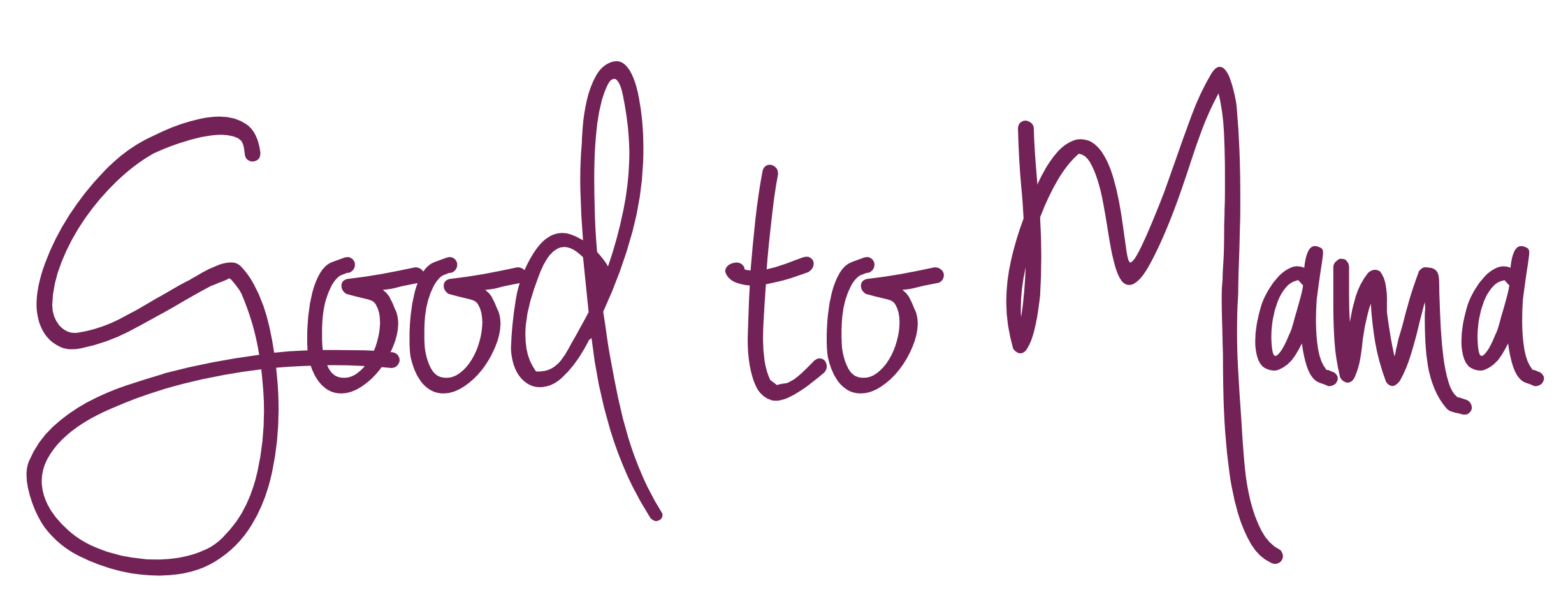Always the helper
A friend posted a quote last week that really hit home.
“Some people aren’t good at asking for help because they’re so used to being ‘the helper’. Throughout their life they’ve experienced an unbalanced give and take, so their instinct is usually ‘I’ll figure it out on my own’. The self-reliance is all they’ve ever known.”
- Toni Tone
For me, the unbalanced give and take was 100% my own doing – I wasn’t neglected or unloved as a child, quite the opposite. Regardless of whether it comes from an intrinsic push or external factors, the result is the same: an instinct to always help others, while not asking for help when we need it. It’s been a pattern throughout my whole life.
I sat down to try and figure out where my initial pattern came from, and I unpacked a whole lot of unexpected memories and emotions. I think while rooted in some genetically driven tendencies (my mom is the kindest, most selfless person I know) I think it truly manifested with my parents’ divorce at age 13. For many reasons, I felt a driving need to be the glue the held the pieces of my family together. How can I help my mom? How can I help my dad? How can I help my brother? What do I need to do? And on the flip side - entirely internally driven, to be clear - keep yourself together and don’t add to their stress or suffering.
Through high school and college, I have memories of friendships that were entirely one-sided. Peers who were struggling with deep emotional issues, young women recovering from devastating childhood trauma. I found myself listening, coaching, counseling, and trying to help redirect to a place of strength and positivity. I still cherish these friendships because they taught me so much about life and human psychology. At the same time, I now realize they more deeply embedded my pattern of helper. My ‘problems’ as a teenager and young adult paled in comparison – so just focus on helping them overcome.
Right, so why am I talked about this on a mom blog?
Well fast forward, and as a mom what was my initial instinct? To take care of myself, and make sure I was getting the rest I needed? To take a true maternity leave from my our company? To let my mother-in-law help with cleaning the house? Nope.
Instead I continued to make sure everyone around me had what they needed. Was my husband stressed with getting up for 3am diaper changes? He’s more of a grouch than I am when he doesn’t get enough sleep, so let me just take care of it. I’ll clean the house; my MIL is here to see the baby and I don’t want to take away from that time they have together. My employees are struggling, I’ll just hop in and do a few things from my hospital bed even though I birthed a child a few hours ago. (Insert facepalm. We’ve talked about setting boundaries in another post!)
It has taken me over two decades to find a healthy balance between helper and asking for help. Two. Decades. My realization that I was taking care of those around me but wasn’t taking good care of myself was literally the foundation for Good to Mama. Part of being good to ourselves is knowing when to ask for help. But it’s also having full confidence and zero shame in the asking.
I know plenty of moms who still struggle with asking. Yes: there are so many factors that make it hard for us to raise our hand when we need it - social pressure, family pressure, embarrassment – but a history of self-reliance and always being the rock for others is definitely on that list, too. For some of us, it’s just a pattern. And patterns can be broken. So: while this story was a little hard to share, if it resonates and helps even one mama realize her own pattern and start to make a change, that makes the sharing a thousand percent worth it.
